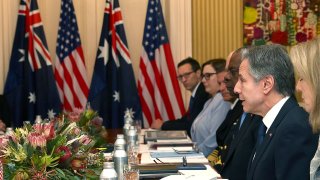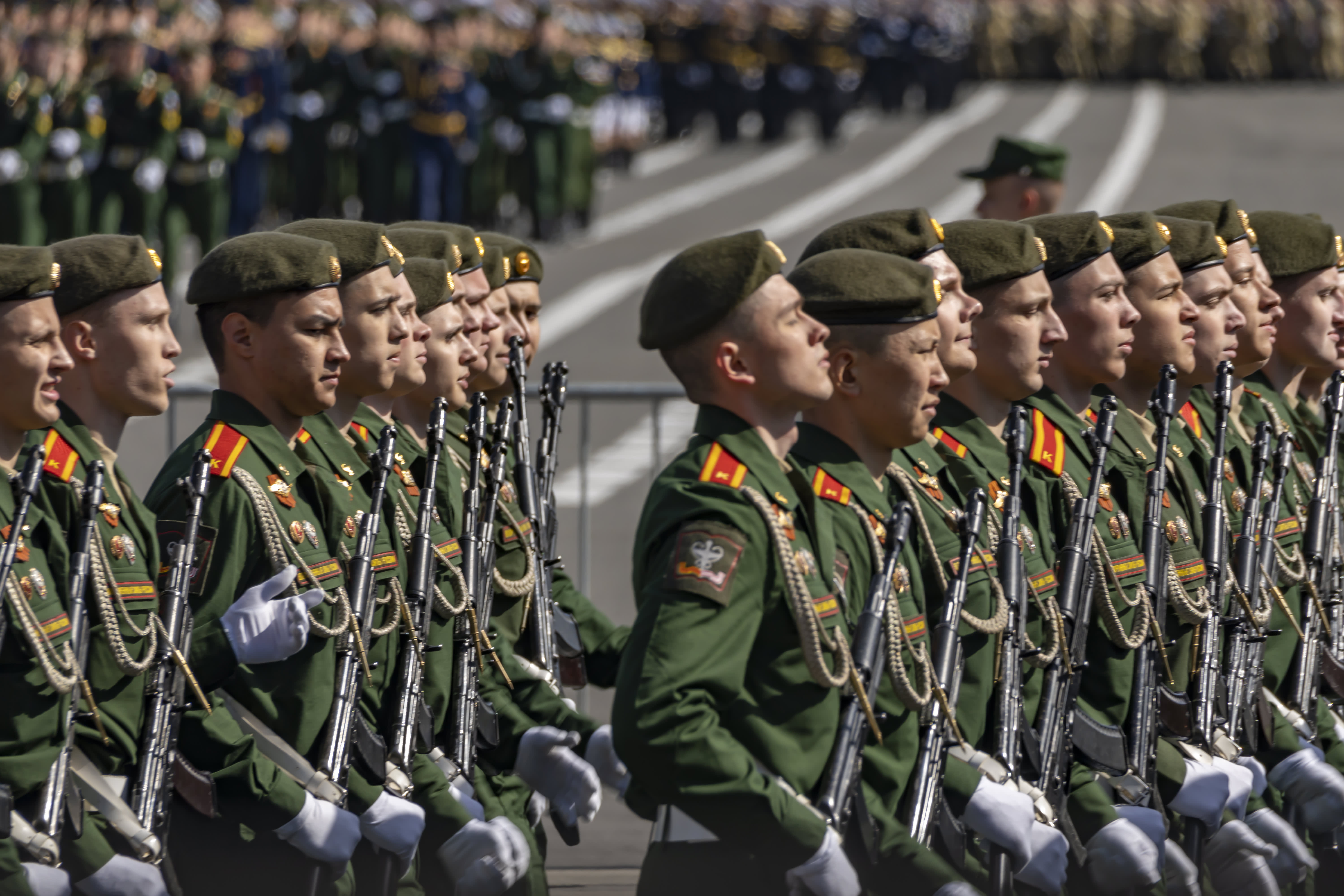
Political instability in Niger resulting from a military takeover that deposed the president this week threatens the economic support provided by Washington to the African nation, U.S. Secretary of State Anthony Blinken said Saturday.
Members of the Niger military announced on Wednesday they had deposed democratically elected President Mohamed Bazoum and on Friday named Gen. Abdourahmane Tchiani as the country's new leader, adding Niger to a growing list of military regimes in West Africa’s Sahel region.
Blinken, who is in Australia as part of a Pacific tour, said the continued security and economic arrangements that Niger has with the U.S. hinged on the release of Bazoum and “the immediate restoration of the democratic order in Niger.”
Get Boston local news, weather forecasts, lifestyle and entertainment stories to your inbox. Sign up for NBC Boston’s newsletters.
“Our economic and security partnership with Niger — which is significant, hundreds of millions of dollars — depends on the continuation of the democratic governance and constitutional order that has been disrupted by the actions in the last few days,” Blinken said. “So that assistance, that support, is in clear jeopardy as a result of these actions, which is another reason why they need to be immediately reversed.”
Blinken stopped short of calling the military actions in Niger a coup, a designation that could result in the African country losing millions of dollars of military aid and assistance.
Speaking in Brisbane, Blinken said he had spoken with President Bazoum on Saturday but did not provide details. He cited the support of the African Union, the Economic Community of West African States and other regional entities in trying to bring an end to the unrest.
“The very significant assistance that we have in place that’s making a material difference in the lives of the people of Niger is clearly in jeopardy and we’ve communicated that as clearly as we possibly can to those responsible for disrupting the constitutional order and Niger’s democracy," Blinken said.
Blinken said the U.S. Embassy in Niger had accounted for the safety of all staff members and their families, while issuing a security alert advising U.S. citizens in the country to limit unnecessary movements and avoid areas impacted by the coup.
The military group that conducted the coup, calling itself the National Council for the Safeguarding of the Country, said its members remained committed to engaging with the international and national community.
“This is as a result of the continuing degradation of the security situation, the bad economic and social governance,” air force Col. Major Amadou Abdramane said in the video released by the coup leaders Wednesday. He said aerial and land borders were closed and a curfew was in place until the situation stabilized.
Bazoum was elected two years ago in Niger’s first peaceful, democratic transfer of power since independence from France.
Niger is seen as the last reliable partner for the West in efforts to battle jihadis linked to al-Qaida and the Islamic State group in Africa’s Sahel region, where Russia and Western countries have vied for influence in the fight against extremism.
France has 1,500 soldiers in the country who conduct joint operations with Niger's military, while the U.S. and other European countries have helped train the nation’s troops.



